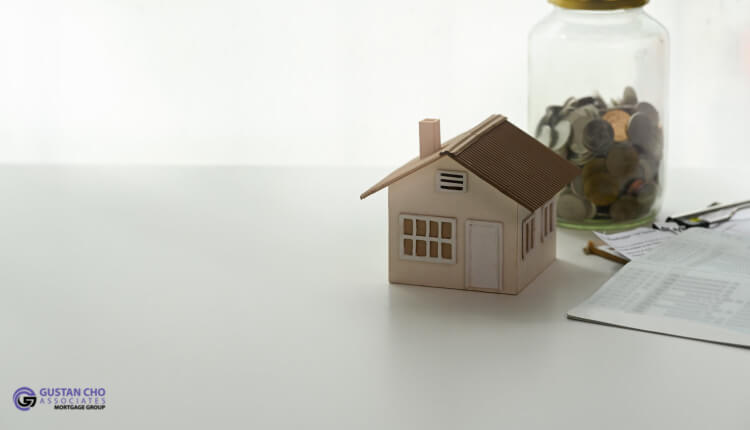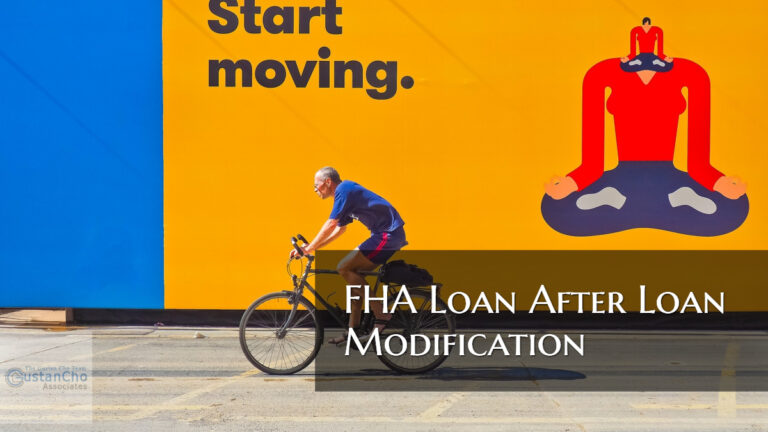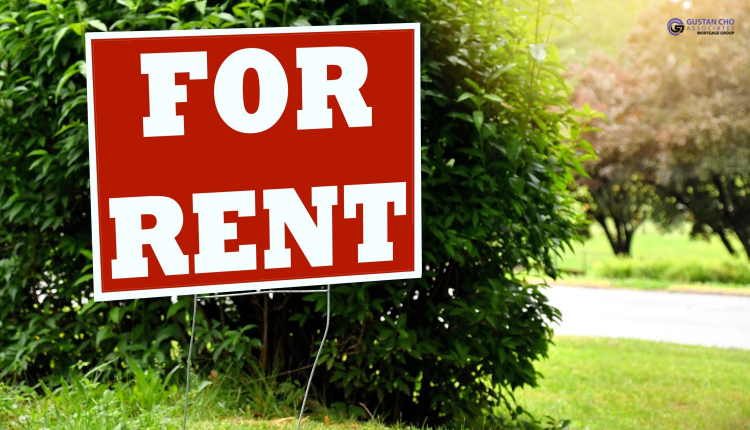Reasons Homeowners Refinance Home Loans
This guide covers refinance home loans on QM and non-QM loans. Despite today’s skyrocketing mortgage rates, homeowners have many reasons to consider refinance home loans. Home prices have skyrocketed in the past several years.
Homeowners can use proceeds from refinance home loans for anything. Homeowners are sitting on substantial equity in their homes. Many homeowners are no longer held hostage to traditional qualified mortgage loans.
There are countless non-QM mortgage loan options for self-employed homeowners or borrowers who need no-income documentation refinance home loans. Homeowners with home equity can do a cash-out refinance and pull tax-free money out of their homes to pay bills. In the following paragraphs, we will cover reasons why homeowners refinance home loans.
Refinance Home Loans To Buy-Out Chapter 13 Bankruptcy
Many homeowners in the Chapter 13 Bankruptcy repayment plan can explore doing a cash-out refinance and use the proceeds to pay out the Chapter 13 Bankruptcy. Rates are at historic lows and may never be this low again. Inflation is looming.
Rates are expected to increase, with inflation expected to skyrocket at historic levels. Americans are noticing the skyrocketing cost of goods and services.
The Joe Biden Administration is in a state of denial and has no intention of putting breaks on spending. They are spending and printing money like never before. What this means is inflation is hitting us like never before. High inflation means high interest rates. Now is the time to refinance your home loan and take advantage of today’s stellar low rates.
Reasons Homeowners Refinance Home Loans
There are many reasons why many homeowners consider refinancing current mortgage loans: The main focus in refinancing home loans is to save money on interest expenses. This is done by paying off a higher mortgage rate mortgage into lower-rate refinance home loans. By refinancing, homeowners are reducing the monthly minimum payments.
Due to increased equity in homes, many homeowners are tapping into their home equity to do cash-out refinance home loans.
Homeowners think about refinancing their home loans to pay off their FHA-insured mortgage loan by refinancing their loan with a conventional loan. This way, homeowners no longer have to pay the hefty FHA annual mortgage insurance premium. This article will discuss the guidelines for refinance home loans and benefits for homeowners.
Taking Advantage of Home Due To Appreciation With Cash-Out Refinance
Yet others go through refinance home loans so they can take cash out to pay off other financial obligations. Borrowers can use the proceeds from their refinance for other reasons.
Proceeds from a cash-out refinance mortgage is tax-free. Homeowners can use the proceeds from the refinance to remodel or do a gut rehab home renovation.
Many homeowners use the proceeds from the cash-out refinance for family vacations, pay for a wedding, start a new business, pay off high-interest credit cards, college, elderly health care, or purchase high-ticket items.
When Can I Refinance Current Mortgage?
All residential mortgage loans do not have pre-payment penalties. Technically, homeowners can refinance their current home loan at any time. However, homeowners need a tangible net benefit to refinance home loans.
Some lenders have minimum seasoning requirements before borrowers can refinance.
For example, most lenders require a 6-month seasoning period before homeowners can refinance the current mortgage on rate and term refinance. Cash-out refinances on FHA loans require a 12-month seasoning requirement.
Refinance Home Loan To Lower Current Mortgage Rate

The refinance mortgage needs to have a net tangible benefit to the borrower. This is where their housing payment has at least a 5% reduction in their monthly payment.
If the rate reduction is 0.50% or lower, it may not be the best interest to refinance the current mortgage loan. This is due to closing costs associated with refinancing a current mortgage and the break-even period.
Refinancing To Eliminate FHA Mortgage Insurance Premium
FHA’s annual mortgage insurance premium is 0.55% %. Many homeowners want to eliminate the costly FHA monthly mortgage insurance premium by refinancing it into conventional loans. Private mortgage insurance is required on all conventional mortgage loans with loan-to-values higher than 80%.
Conventional private mortgage insurance can be cheaper than FHA mortgage insurance premiums for borrowers with higher credit scores.
Many conventional lenders also offer no mortgage insurance required programs known as Lender-Paid Mortgage Insurance or LPMI. Homeowners refinance their FHA to conventional loans to eliminate the FHA annual mortgage insurance premium.
What is Lender-Paid Mortgage Insurance
LPMI is where no private mortgage insurance premium is required instead of a slightly higher mortgage rate. Many borrowers often do a cash-out refinance to tap into their home equity and pay outstanding high-interest debts like credit cards and personal loans.
Jumbo Mortgages will normally have a maximum of 75% to 80% loan to value on cash-out refinance home loans. FHA and VA Streamline Refinance Mortgages are available with no appraisal, income, or credit requirements.
There is also a one-time private mortgage insurance premium; for a one-time premium PMI payment, there is no annual PMI. Similar to upfront FHA MIP. No mortgage insurance is required for any conventional mortgage with a loan to values lower than 80% LTV.
UPDATE ON FHA MORTGAGE INSURANCE PREMIUM: THIS BLOG WAS UPDATED ON JULY 21st, 2023, AND THE FHA ANNUAL MORTGAGE INSURANCE PREMIUM IS CURRENTLY AT 0.55%
Reasons To Refinance Home Loans
Many home buyers purchased their homes with lower or poor credit scores. Lower credit scores mean higher mortgage rates. Borrowers who purchase their homes with higher mortgage interest rates can maximize their credit scores and refinance their home loans into a lower interest rate mortgage.
Homebuyers who purchased a fixer-upper with an FHA 203k loan can refinance their home loan because 203k Loans have much higher interest rates than traditional FHA loans.
NON-QM Loans have become very popular because it has no waiting period requirements. Homebuyers who purchased homes with NON-QM Mortgages can refinance into traditional mortgages like FHA or Conventional. This can be done after their waiting period after bankruptcy or foreclosure has been met.
Update on Cash-Out Refinance Home Loans
Cash-out refinance home loans are very popular. However, depending on the mortgage loan programs, many lenders will limit loan-to-value on cash-out refinance home loans. Here is the updated 2023 maximum cash-out loan-to-value on refinance home loans
HUD will allow up to 80% loan-to-value on a cash-out refinance. Fannie Mae and Freddie Mac will let you do a cash-out refinance of up to 80% LTV.VA permits up to 100% cash out on VA loans.
Mortgage rates on a cash-out refinance are normally slightly higher than a rate and term refinance mortgage. Homeowners who need to refinance their current loan with a direct lender with no overlays on government or conventional loans can contact us at FHA Bad Credit Lenders at 800-900-8569 or text us for a faster response. Or email us at gcho@gustancho.com. We have no mortgage overlays on FHA, VA, USDA, and Conventional loans.








